
PROPERTIES
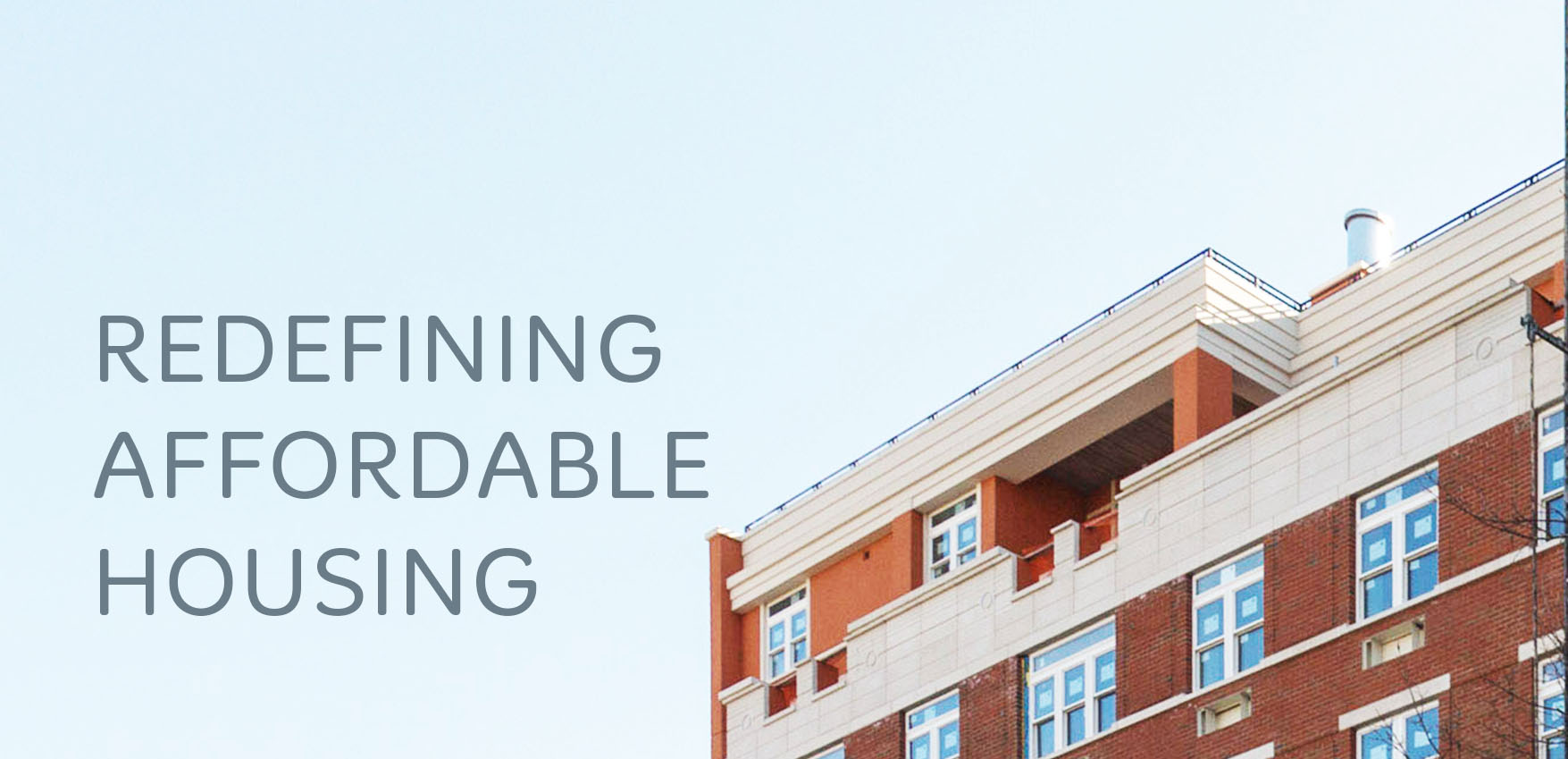
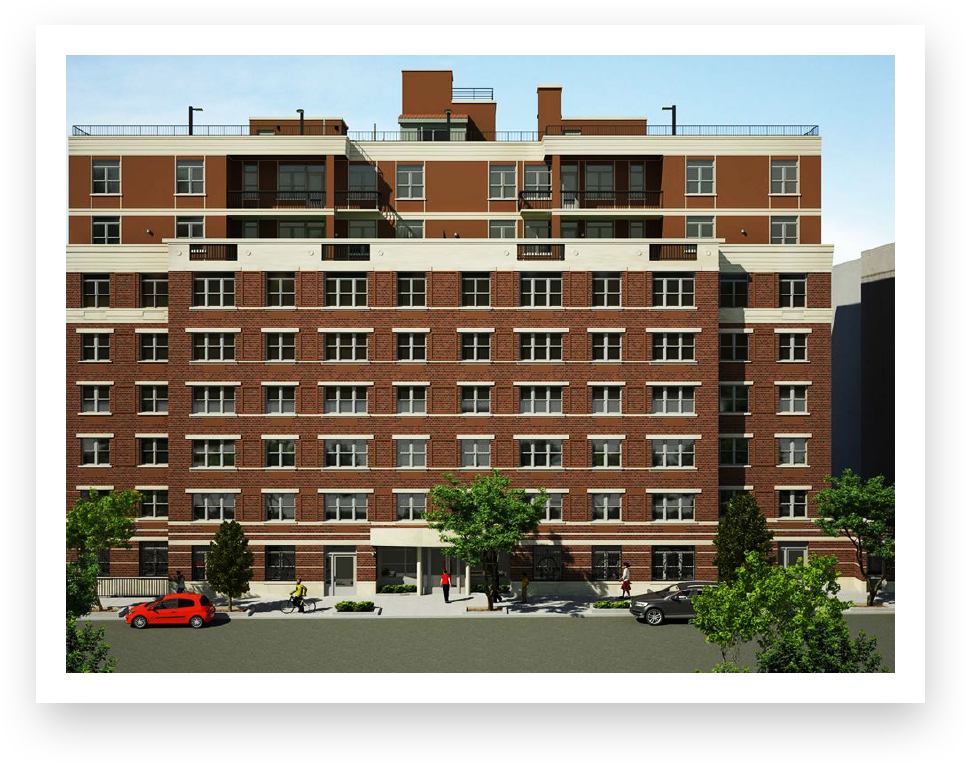
This exciting new Central Harlem development encourages affordable, quality home ownership in one of New York City’s most storied neighborhoods. 70 West 139th Street is an eight-story, 64-unit condominium building featuring 42 affordable apartments for families with incomes between 90% and 165% of the Area Median Income (AMI), as well as 21 market-rate residences. With a facade of limestone and red brick, the building complements the contextual character of the neighborhood. Improving the urban landscape by restoring the block to its historic configuration, this attractive new addition promotes connectivity and enlivens the streetscape.
Since taking over as General Manager of the neglected Harlen Housing, Parkadon has transformed the 214-unit property, making critical structural renovations and investing in major capital improvements throughout the 220,000sf complex in Central Harlem. Parkadon Management’s extensive renovation, including façade upgrades and roof repair, installation of new elevators and windows, as well as implementation of effective security procedures and technology, has allowed Harlen Housing to meet stringent NYSERDA and HPD High Efficiency building standards. Parkadon’s hands-on approach to meaningful urban renewal through quality renovation, enhanced security, conscientious management and close communication with residents, has made Harlen Housing a model of dynamic community and sustainable affordability.
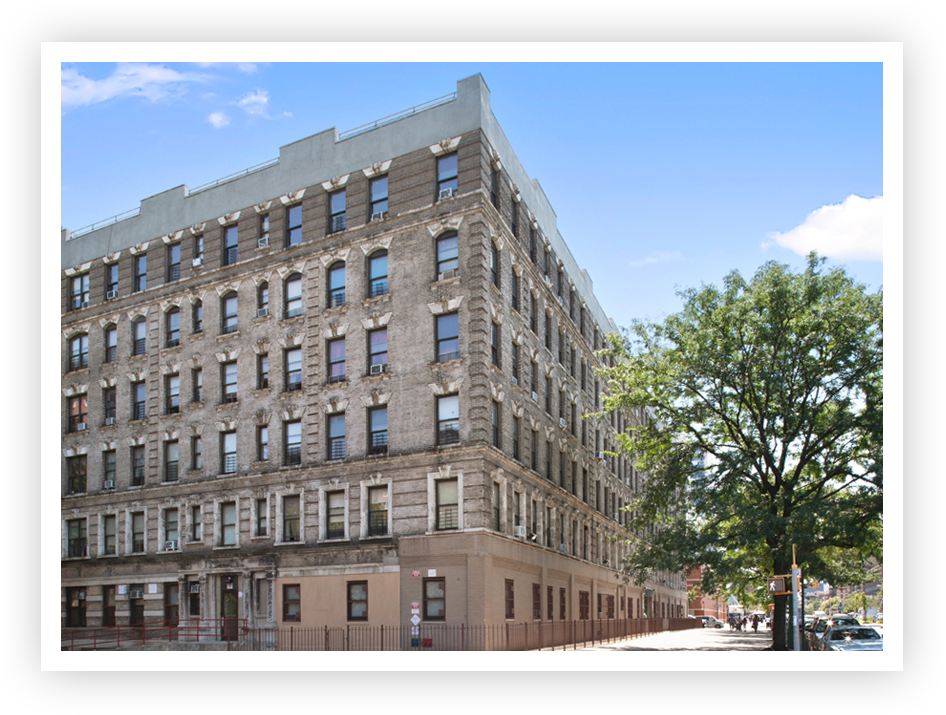
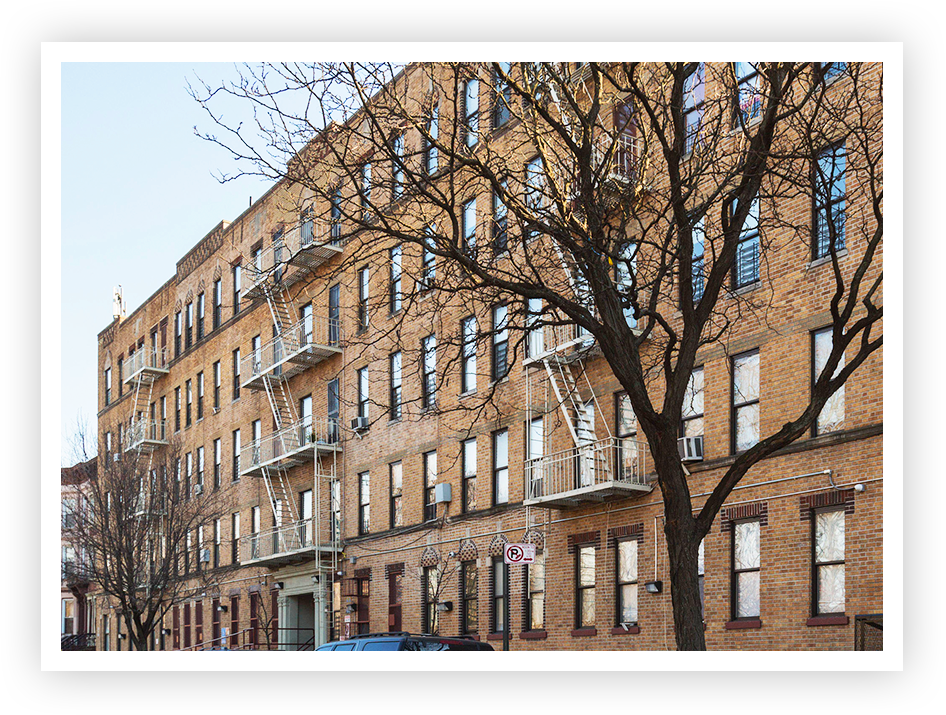
Located across from Herbert Von King Park in Brooklyn’s Bedford-Stuyvesant neighborhood, the 84-unit Greene Park Arms provides affordable housing for families receiving Section 8 rental assistance through the U.S. Department of Housing and Urban Development. When Parkadon assumed management in 1991, the development was suffering from deferred maintenance and serious operational neglect. Following a comprehensive safety and critical needs assessment, Parkadon initiated extensive renovation of all apartments and common areas. Since then, Parkadon has continued to invest in full-scale upgrades, including extensive masonry repairs, window replacement building-wide and installation of modern elevators. Parkadon has aligned the building with current safety measures and environmental regulations to make Greene Park Arms energy efficient, including utilizing environmentally-conscious materials and converting the heating system from fuel oil to gas to reduce the building’s carbon footprint. Today, Greene Park Arms continues to be owned and managed by Parkadon and is a sustainable, desirable residential building in the heart of its diverse urban community.
When Parkadon assumed management of Jersey City’s Lexington Manor in 1995, the eight-building complex was on the U.S. Department of Housing and Urban Development’s list of critically imperiled developments, plagued by mismanagement and deferred maintenance. Due to the extent of prior neglect, Parkadon’s effort to return the buildings and apartments to the status of safe, high-quality affordable housing was extremely challenging. Immediately, Parkadon conducted extensive repairs throughout the complex and its 152 residences, securing entrances, stabilizing elevators and refurbishing façades. The firm also worked to create an active Tenants Association and, with a grant from HUD, enhanced security systems within and around the buildings. In 2014, Parkadon entered a partnership with Phoenix Realty Group to initiate a full scale $9 million renovation of the entire complex—installing new bathrooms and kitchens in all apartments, new front doors and elevators in each building, and introducing a site-wide modern security system. Lexington Manor’s complete refurbishment has allowed it to achieve significant operating efficiencies and brought financial stability, while preserving and enhancing quality affordable housing in one of Jersey City’s neediest neighborhoods.
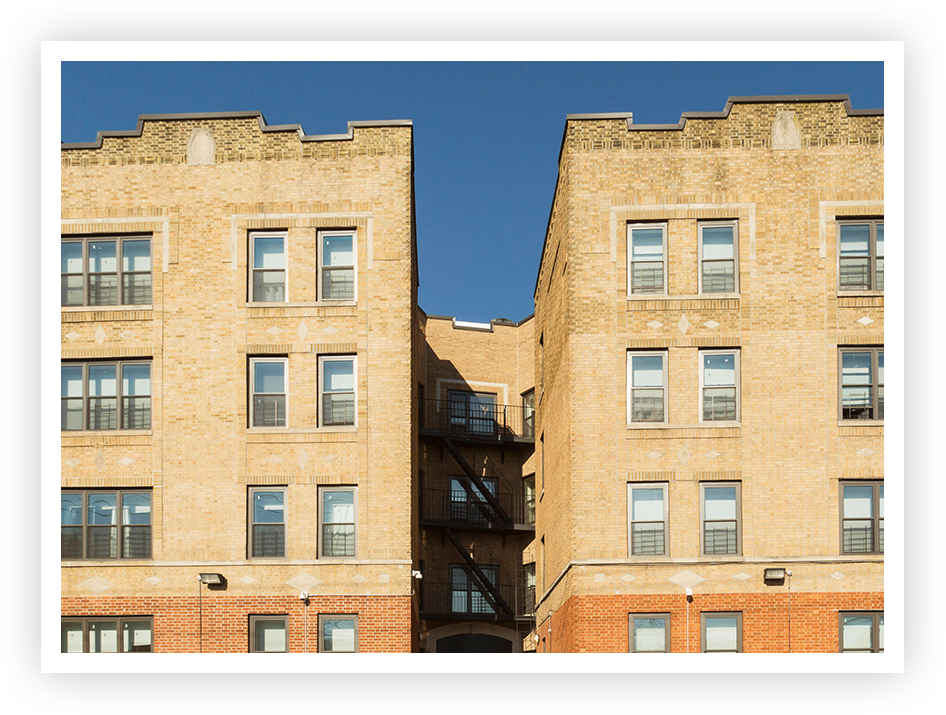
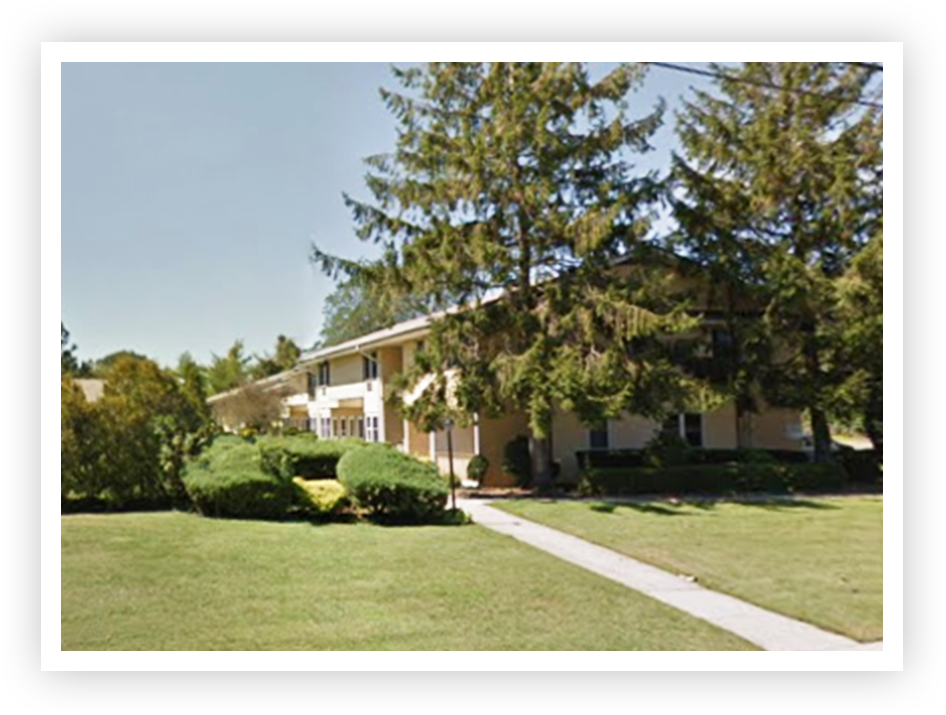
Parkadon became sponsor of two troubled Long Island cooperative properties on behalf of a failed bank taken over by the Resolution Trust Corporation (RTC), a government agency formed by Congress to address the Savings & Loan crisis of the early 1990s. The income of this 153-unit townhouse rental was insufficient to operate the properties or meet mortgage obligations. The eight buildings suffered from serious structural flaws and deferred maintenance, with no funds in the co-op’s reserve accounts, and were operating with substantial ongoing shortfalls. In less than a year, Parkadon had restructured the underlying mortgages with the Federal Home Loan Mortgage Corporation, which held the underlying debt on the co-ops, and arranged for substantial funding into the reserve accounts. It also addressed deferred maintenance and completed urgently-needed structural repairs. In the same time period, Parkadon was able to rent the development’s 91 sponsor-held apartments and had turned around the sponsor’s position. By the end of 1994, all 91 sponsor-held units had been sold to low- and middle-income buyers, generating significant positive sales proceeds for the RTC.
ADDITIONAL PARKADON PROPERTIES
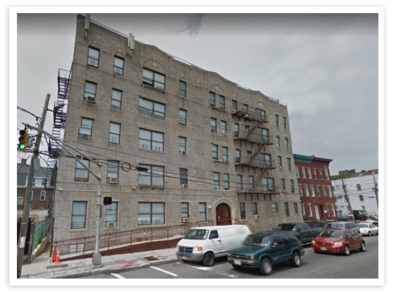
Bergen Manor
Jersey City, NJ
As General Partner, maintained and operated 40-unit affordable apartment building near Jersey City’s West Side Avenue, a popular commercial corridor. Over three decades, facilitated major capital improvements and refinancings to generate unrealized value and achieve economic and operational stability.
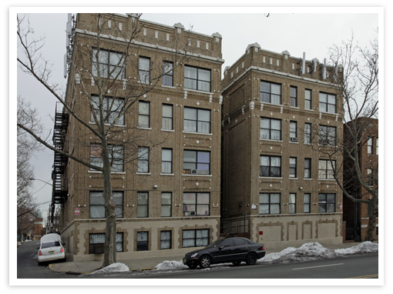
Kennedy Manor
Jersey City, NJ
As General Partner, maintained and operated 25 affordable apartments near Jersey City’s Lincoln Park, with nearby transportation access via Journal Square NJ Transit and the PATH hub. Facilitated major capital improvements and refinancings over three decades to achieve a successful transformation.
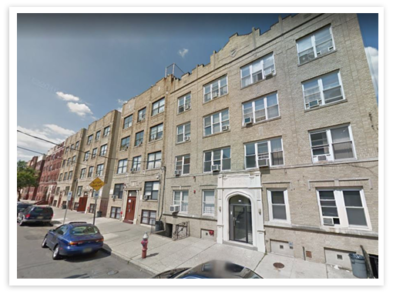
Pavonia Broadway
Jersey City, NJ
As General Partner, maintained and operated seven-building Section 8 low-income housing development near the Journal Square PATH hub, Lincoln Park and Hackensack waterfront. Stabilized the property through major capital improvements and refinancings to generate value and achieve a successful transformation.
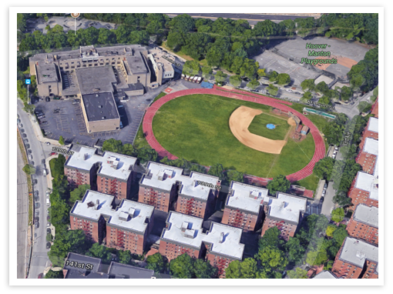
BC Gardens
Queens, NY
As General Partner in condominium sponsorship, led the successful co-op conversion of five brick co-op buildings, featuring 253 units constructed in 1955 and situated near Archbishop Molloy High School in Briarwood, Queens.
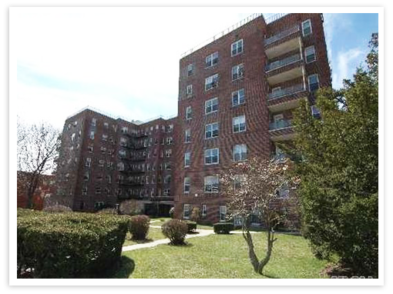
The Gotham
Queens, NY
Assumed control as General Partner of sponsorship entity for failing 125-unit co-op, built in 1955, near Queens Collegiate and Jamaica Gateway to the Sciences schools, assisting the co-op board in restructuring common charges to establish a sustainable economic model.
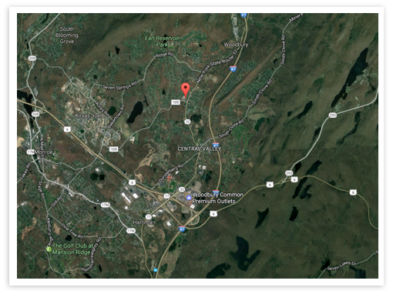
Woodbury Heights
Orange County, NY
As General Partner, managed civil and land engineering as well as municipal approvals for an urban development of 67 homes on a 125-acre parcel along New York’s I-87 corridor, near regional shopping destination Woodbury Common. Under the approved plan, the complex includes an independent water supply system and sewage treatment facility.
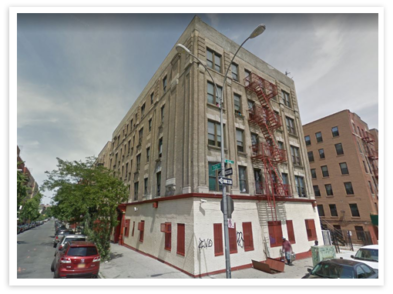
756 Fox Street
The Bronx, NY
As General Partner and Developer, executed a gut renovation of a 1928 building with 24 affordable apartments in Partnership with Community Preservation Corporation (CPC). The property currently operates as a transitional housing facility for the NYC Department of Homeless Services under lease to a community not-for-profit operator of the Tier 2 transitional building.
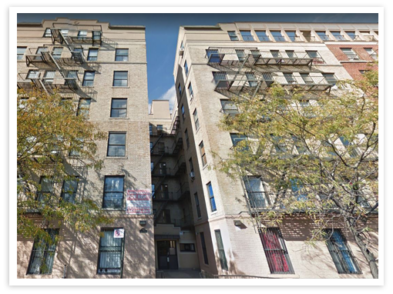
725 & 735 Fox Street
The Bronx, NY
As General Partner and Developer, executed an $11 million gut renovation of 120 apartments, resulting in 106 affordable residences. Parkadon structured the project using tax credits and tax-exempt bond financing.
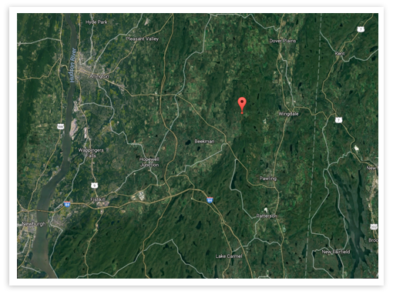
Pleasant Ridge
Dutchess County, NY
As a General Partner, conducted site analysis and handled land use planning for 145-acre planned urban development.



 70 West 139th Street
70 West 139th Street